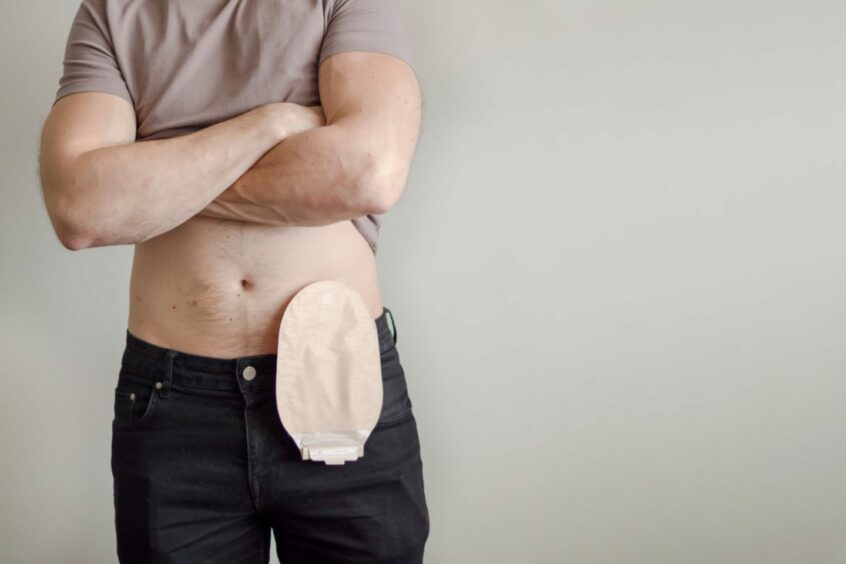A charity boss has hailed the £7 million raised for the Bowelbabe Fund as a “fitting legacy and tribute” to Dame Deborah James.
The podcast host, who died on Tuesday aged 40 after being diagnosed with bowel cancer in 2016, launched the fund in early May initially hoping to raise £250,000.
On Wednesday evening, Bowelbabe Fund for Cancer Research UK reached the £7 million milestone after more than 318,000 individual donations.
Bowel cancer is the third most common cancer in Tayside and the fourth most common in Fife, with more than 42,000 new cases diagnosed across the UK each year.
Here, we share the bowel cancer signs and symptoms all of us should look out for.
Most occur in older age groups: 94% of people diagnosed are aged 50-plus and 59% are over 70.
But it’s important to remember bowel cancer can still happen at any age.
Bowel cancer symptoms
More than 90% of people with bowel cancer have one of the following combinations of symptoms:
- a persistent change in bowel habit – pooing more often, with looser, runnier poos and sometimes tummy (abdominal) pain
- blood in the poo without other symptoms of piles (haemorrhoids)
- abdominal pain, discomfort or bloating always brought on by eating – sometimes resulting in a reduction in the amount of food eaten and weight loss
Other symptoms include extreme tiredness and a lump in your stomach.
When it comes to our toilet habits, what’s normal for one person – frequency of going to the toilet for example – may be different for another.
A helpful rule of thumb is to always get things checked if you notice changes that are unusual for you.
What if I have a history of digestive issues?
Digestive issues are extremely common and these symptoms don’t always mean bowel cancer.
They can also occur due to conditions like IBS, food intolerances and inflammatory bowel disorders, for example.
This can make it tricky to know when to go back to your doctor, especially if you’ve been living with gut issues for a long time.
However, it’s still important to see your GP if you notice any of the changes above.
Are some people at higher risk of bowel cancer?
Bowel cancer is rare before age 40 but it is possible at any age.
Some people may be at higher risk, including if you have a family history of bowel cancer or an inherited bowel condition.
People with long-term inflammatory bowel diseases such as Crohn’s or ulcerative colitis may also be more at risk.

Obesity, smoking, a diet lacking in fibre and/or high in processed and red meats, and drinking too much alcohol can also be associated with higher rates of bowel cancer.
Treatment depends on how advanced the spread of the cancer is, and where it is located.
Options include chemotherapy, surgery, radiotherapy and chemoradiotherapy.
You can donate to the Bowelbabe Fund for Cancer Research on JustGiving.











